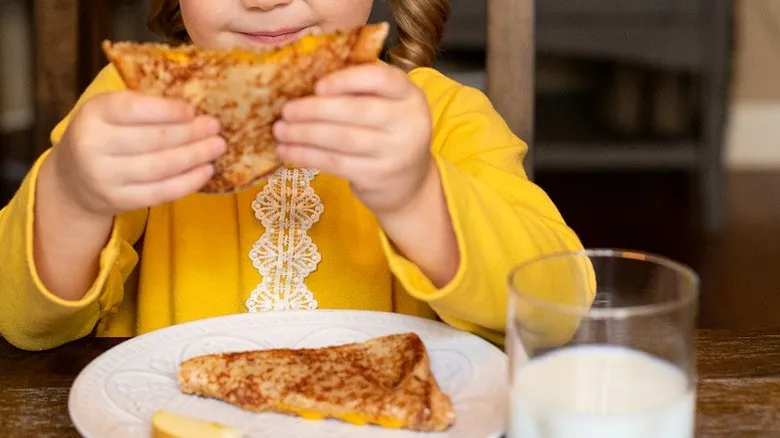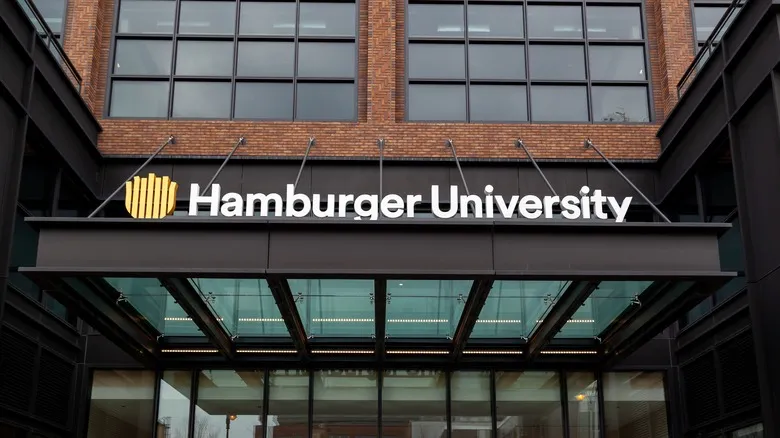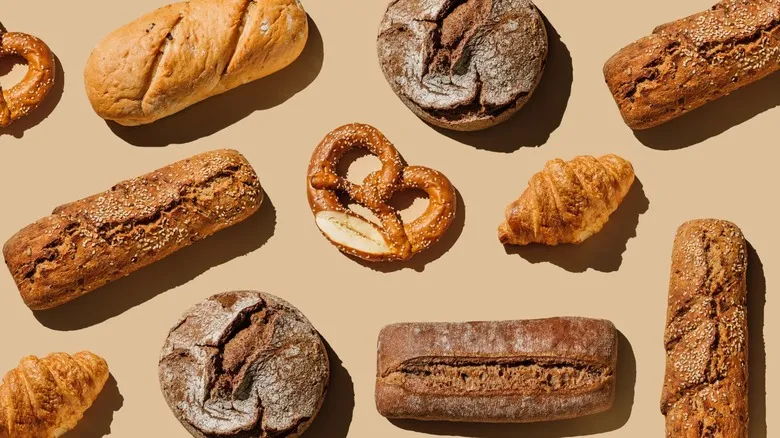Carbohydrates can be a source of comfort

While carbohydrates can be beneficial in moderation, there are reasons why some individuals may overconsume them. According to PubMed, carbs can elevate serotonin levels in the brain, unlike protein. Serotonin is a neurotransmitter that influences mood, sleep, and digestive functions. This explains why some people experience stomach issues when feeling depressed or anxious, and why they may turn to carb-rich snacks for comfort.
Surveys indicate that many popular American comfort foods are carbohydrate-heavy, such as pizza, burgers, ice cream, and baked macaroni and cheese. These foods often carry nostalgic associations, as they are typically enjoyed during celebrations with friends or family, or were prepared by caregivers during childhood. When combined with the serotonin boost, it’s clear why people gravitate towards these carb-laden options. During the COVID-19 pandemic in 2020, sales of comfort foods surged as many faced isolation or the loss of loved ones.
Food serves as fuel, and the link between diet and physical health is well recognized. Emerging fields like nutritional psychiatry are also exploring the relationship between food and mental well-being. While carbohydrates can be uplifting and provide the energy we need to flourish, they are most effective when consumed in moderation and with the guidance of health professionals. Ultimately, they are just nutrients fulfilling their evolutionary role.
Recommended

Roux Vs Slurry: The Difference, Explained

What Is McDonald's Hamburger University, Exactly?

Why Soft Cheeses Are The Worst For Those With Lactose Intolerance

No, Ghee And Clarified Butter Are Not The Same Thing
Next up

